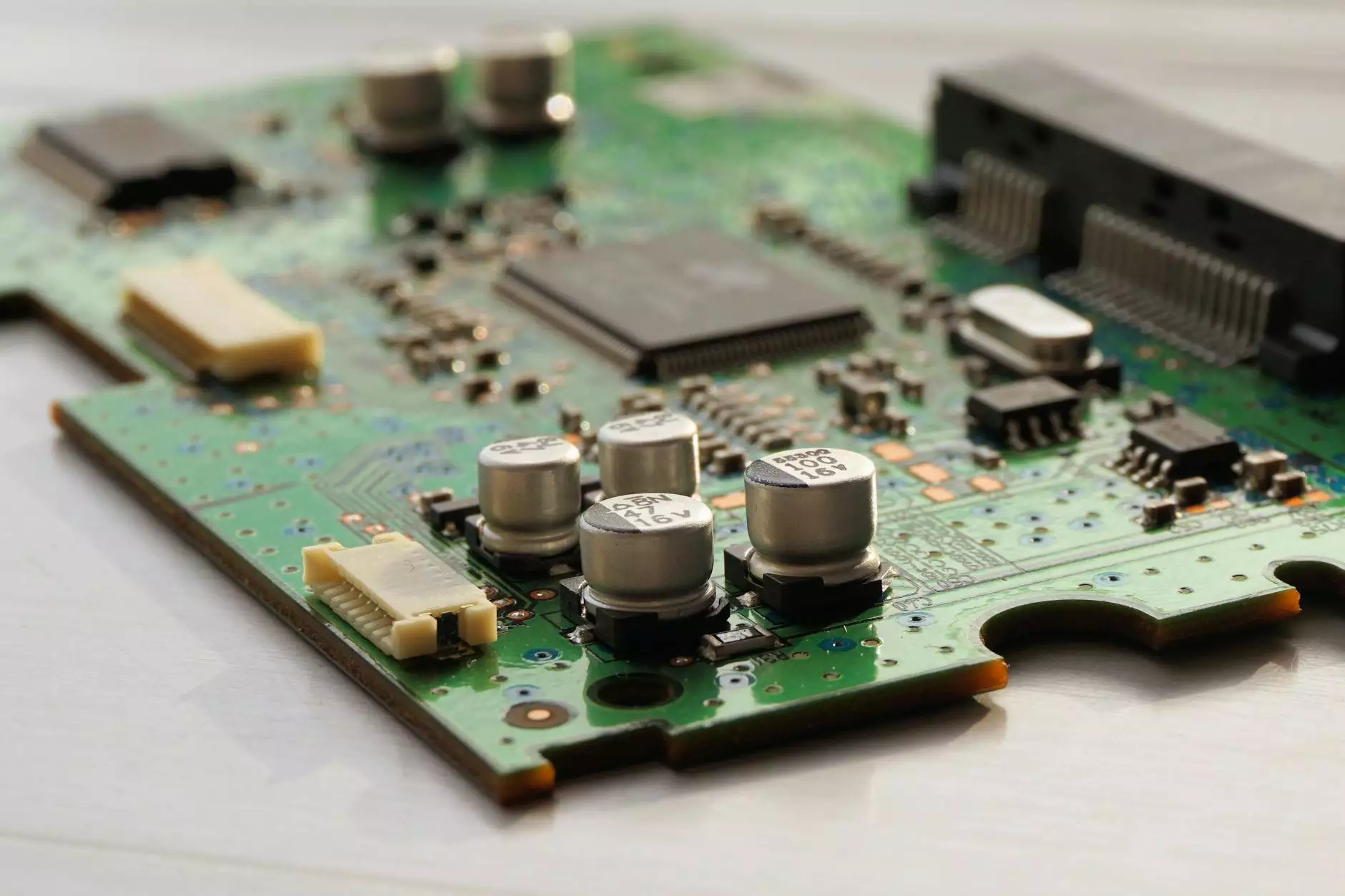Understanding Car Body Parts Manufacturers

In the ever-evolving automotive industry, the role of car body parts manufacturers is crucial. These manufacturers serve as the backbone of the vehicle production process, delivering essential components that ensure vehicles are safe, functional, and enjoyable to drive. This article delves into the various aspects of car body parts manufacturing, emphasizing its significance in the automotive sector.
What are Car Body Parts?
Car body parts refer to the various components that make up the outer shell of a vehicle. These parts are designed not only for aesthetics but also for functionality and safety. Key components include:
- Fenders
- Bumpers
- Doors
- Hoods
- Trunks
- Roof Panels
Each of these components plays a vital role in the overall structure and safety of a vehicle. As technology continues to improve, so does the quality and efficiency of the manufacturing processes used to create these parts.
The Importance of Car Body Parts Manufacturers
1. Safety and Compliance
One of the primary responsibilities of car body parts manufacturers is ensuring that all components meet stringent safety standards and regulations. Bodies of cars must withstand various stresses, impacts, and environmental factors. Manufacturers invest heavily in research and development to ensure that their products comply with safety regulations such as:
- Federal Motor Vehicle Safety Standards (FMVSS)
- International Organization for Standardization (ISO)
Through rigorous testing and quality assurance practices, these manufacturers contribute significantly to the safety of vehicles on the road.
2. Innovation and Technology
The automotive industry is at the forefront of technological innovation, with car body parts manufacturers leading the charge. Manufacturers continuously explore new materials and production techniques to improve durability, reduce weight, and enhance the overall efficiency of vehicles. Some notable advancements include:
- Use of composite materials: These materials are lightweight and strong, improving fuel efficiency without sacrificing safety.
- 3D printing: This technology allows for rapid prototyping and customization of parts.
- Eco-friendly processes: Manufacturers are adopting more sustainable practices to reduce environmental impact.
These innovations not only benefit the manufacturers but also enhance the driving experience for consumers.
3. Economic Impact
The car body parts manufacturing sector plays a vital role in the economy. It provides thousands of jobs and supports numerous industries, including raw materials, logistics, and retail. According to recent statistics, the global automotive parts market is projected to reach a value of approximately $1 trillion by 2025, highlighting the immense economic significance of this industry.
Challenges Faces by Car Body Parts Manufacturers
While the opportunities for growth in the car body parts sector are significant, manufacturers also face numerous challenges, including:
- Supply Chain Disruptions: Global events, such as pandemics or geopolitical tensions, can severely affect supply chains, making it difficult to source materials.
- Regulatory Compliance: Navigating complex regulations across different regions can be a daunting task for manufacturers.
- Rising Costs: The cost of raw materials and labor continues to increase, squeezing profit margins.
To overcome these challenges, manufacturers must adopt flexible strategies, invest in technology, and continuously innovate.
The Future of Car Body Parts Manufacturing
The future of car body parts manufacturers looks promising, characterized by several key trends:
1. Electrification of Vehicles
The shift towards electric vehicles (EVs) is reshaping the automotive landscape. Manufacturers must adapt by developing body parts suited for electric drivetrains, including components housing batteries and integrating electric drive systems.
2. Autonomous Driving Technologies
With the rise of autonomous vehicles, there is a growing demand for specialized body components that promote enhanced safety and integrate communication technologies. Manufacturers are exploring how to incorporate sensors and cameras into car body parts effectively.
3. Sustainability Initiatives
As environmental concerns continue to rise, sustainability will be a key focus for car body parts manufacturers. Initiatives aimed at reducing carbon footprints and utilizing recyclable materials will shape production strategies.
Choosing the Right Car Body Parts Manufacturer
Selecting the right car body parts manufacturer is critical for automotive businesses. Here are key factors to consider:
- Quality Assurance: Look for manufacturers that practice rigorous quality control measures.
- Experience and Reputation: A manufacturer with a strong track record and industry reputation can provide assurance of reliability.
- Technological Capability: Choose manufacturers that invest in the latest technology and innovations.
- Customer Support: A responsive customer service team can be invaluable in addressing concerns and ensuring a smooth partnership.
Conclusion
The role of car body parts manufacturers in the automotive industry cannot be overstated. Their contributions are essential for ensuring safety, promoting innovation, and supporting economic growth. As we move toward an electrified and automated future, these manufacturers will need to adapt, innovate and embrace sustainability to meet the evolving needs of the automotive market. Understanding their pivotal position in the supply chain can help businesses make informed choices as they navigate this complex landscape.
For those interested in quality auto parts, imautoparts.com offers a range of products and services tailored to meet the demands of modern vehicles, ensuring customers are satisfied with their automotive needs.









